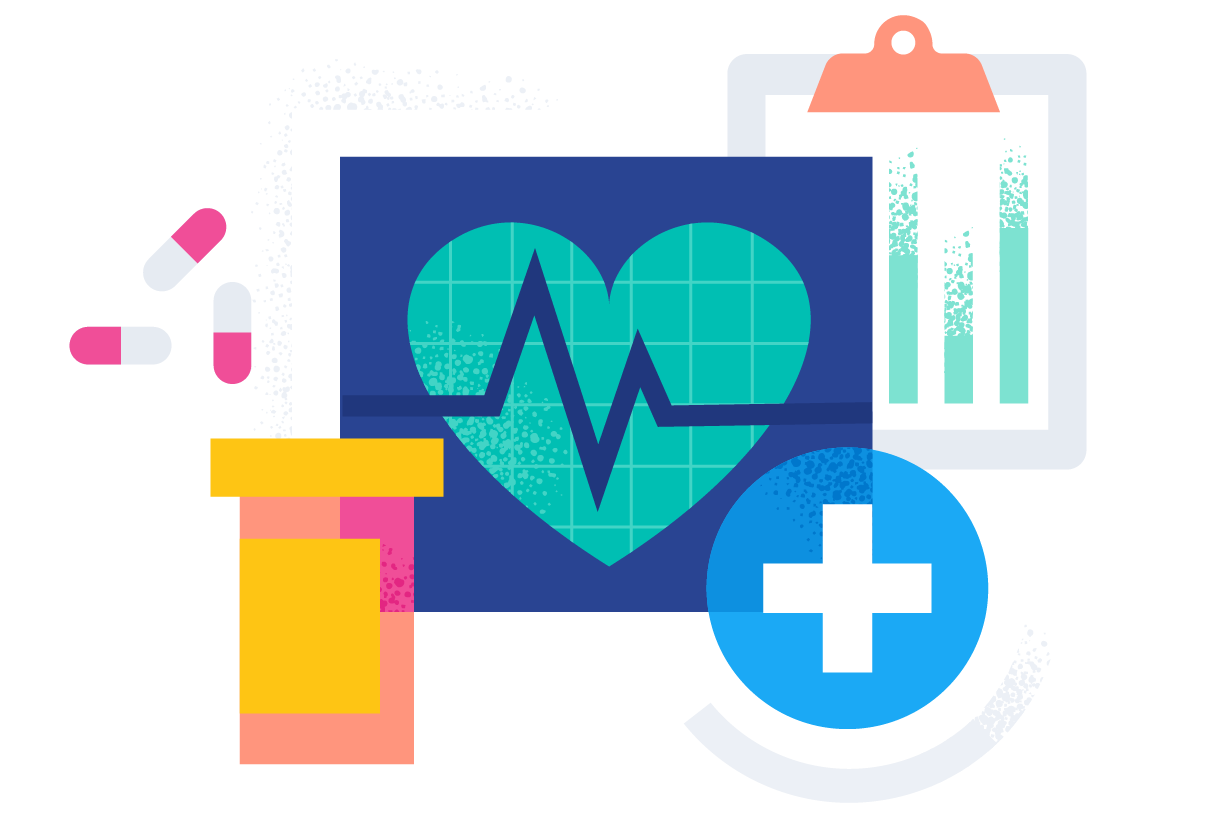Recognizing the Duty of Healthcare RCM in Enhancing Monetary Performance and Patient Fulfillment
Navigating the complexities of Health care Profits Cycle Monitoring (RCM) is essential for achieving optimum economic efficiency while simultaneously boosting individual fulfillment. RCM's capability to simplify payment, ensure precise coding, and expedite insurance claims processing stands as a foundation of contemporary medical care procedures. However, the nuanced interaction in between these aspects warrants a better evaluation to fully appreciate their influence on both doctor and patients. As we discover the transformative possibility of RCM, concerns regarding its tactical implementation and future advancements bid, encouraging insights that might redefine market standards and person experiences alike.

Key Components of RCM
In the complex landscape of health care, Income Cycle Management (RCM) is critical in guaranteeing financial stability and functional performance. A thorough RCM system incorporates a number of critical elements, each playing an important role in the smooth monitoring of a healthcare provider's economic procedures. Individual enrollment and qualification verification are foundational actions, making certain that precise client details is caught and insurance protection is verified before solutions are provided. This minimizes the risk of claim rejections and accelerates the reimbursement procedure.

Cost capture is an additional necessary component, including the precise recording of services supplied to people. It ensures that all billable services are made up, thus optimizing revenue capacity. Simultaneously, clinical coding translates patient encounters into standard codes, which are crucial for invoicing and governing compliance.
Claims entry and management adhere to, including the prep work and entry of claims to payers. This process needs thorough interest to information to lessen mistakes and avoid delays. Denial administration is a positive strategy to solve and resolve refuted claims, guarding earnings streams.
Lastly, payment posting and patient collections complete the cycle, guaranteeing repayments are precisely taped and outstanding balances are pursued. With each other, these parts create a durable structure that sustains the economic and functional wellness of healthcare organizations.
Impact on Financial Performance
Effective Profits Cycle Management (RCM) significantly affects a medical care company's monetary performance by enhancing capital and reducing earnings leak. RCM includes the detailed payment and collection processes that guarantee doctor effectively manage their monetary purchases from patient registration to final settlement. By enhancing these processes, organizations can decrease rejected claims, quicken repayment cycles, and improve overall financial wellness.
Monetary efficiency is improved through careful monitoring of invoicing procedures, which includes accurate coding and prompt submission of claims. This lowers the chance of claim rejections and rejections, which can significantly impede profits circulation if not addressed without delay. Furthermore, incorporating innovative technology remedies helps with real-time monitoring of claims and monetary metrics, giving medical care administrators with the devices needed to make informed critical decisions.

Enhancing Client Complete Satisfaction
While optimizing financial performance is an essential objective of Income Cycle Administration (RCM), web it likewise plays a crucial visit here role in enhancing patient complete satisfaction. By decreasing management worries, RCM permits health care providers to concentrate a lot more on individual treatment, which directly improves patient satisfaction.

RCM also improves patient complete satisfaction via effective interaction. By maintaining a thorough database of person info, RCM facilitates enhanced communication between patients and health care companies, ensuring clients really feel informed and valued.
Approaches for Effective RCM
Attaining effective Income Cycle Monitoring (RCM) requires healthcare companies to implement a set of critical practices that make sure economic stability and operational efficiency. One important approach is the adoption of technology-driven options, such as incorporated software application systems that streamline payment procedures, reduce errors, and improve information precision. These systems make it possible for real-time tracking of financial metrics, allowing for timely recognition and correction of inefficiencies.
Another technique is the standardization of processes throughout the profits cycle. Healthcare RCM. This involves developing consistent policies for client registration, insurance policy confirmation, and asserts handling. By guaranteeing that all personnel adhere to these criteria, companies can expedite and reduce disparities repayment collections
Personnel training and growth published here also play a critical function in reliable RCM. Trained personnel can effectively navigate complex invoicing procedures and regulations, improving and minimizing denials capital. Normal updates on policy changes and ideal techniques aid preserve a educated and skilled labor force.
Future Trends in RCM
As medical care companies enhance their Earnings Cycle Administration (RCM) approaches with innovation and standard processes, attention is currently turning in the direction of the future trends forming this vital area. One considerable fad is the combination of expert system (AI) and artificial intelligence to automate complex tasks, such as cases processing and predictive analytics. These technologies are anticipated to lower errors, speed up purchase times, and offer data-driven understandings for far better decision-making.
Furthermore, the change towards value-based care proceeds to affect RCM practices - Healthcare RCM. Health care service providers are anticipated to increasingly concentrate on patient results and satisfaction, requiring RCM systems that can fit brand-new reimbursement models. This shift will certainly need more extensive information collection and evaluation to properly report and determine on efficiency metrics
Interoperability is an additional arising top priority, as smooth information exchange in between disparate systems becomes vital. Boosted interoperability will certainly help with more precise individual info sharing, minimizing management worries and boosting the person experience.
Conclusion
Health Care Income Cycle Administration (RCM) dramatically affects both economic efficiency and individual complete satisfaction by optimizing billing procedures, making sure precise coding, and allowing timely cases entry. Efficient RCM decreases profits leak and speeds up cash flow, lowering case denials and quickening payments. This performance promotes depend on and contentment amongst individuals. RCM systems likewise help with better interaction and versatile payment alternatives, producing a patient-centered experience. Future RCM trends will likely concentrate on additional incorporating innovation to boost these benefits.
Browsing the complexities of Medical care Income Cycle Monitoring (RCM) is vital for attaining optimum monetary efficiency while concurrently boosting client contentment. RCM encompasses the detailed payment and collection processes that make sure healthcare companies successfully handle their financial deals from person registration to final settlement. By decreasing administrative worries, RCM enables medical care service providers to concentrate a lot more on person care, which straight enhances individual satisfaction.
By maintaining an extensive data source of individual details, RCM assists in boosted interaction in between patients and healthcare service providers, making sure individuals really feel educated and valued.Health Care Profits Cycle Administration (RCM) dramatically affects both monetary efficiency and individual fulfillment by enhancing billing processes, ensuring precise coding, and enabling prompt claims submission.